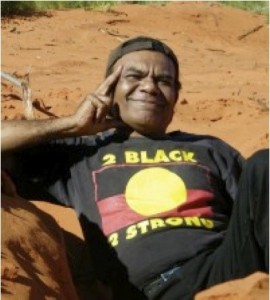After a business supper at the Rose Hotel with Paddy, chaperoned by the mother of Quent – oh and the supper was superb. The Rose is, perhaps the finest hotel in the southern hemisphere. After the supper, (we have faint hope it will not be the last,) C and Q charged a taxi with delivery to the Tiger Terminal, T4 at Melbourne’s noted international gateway, Tullamarine Airport.
Let Quentin take up the narrative.
Well, yes Cec, the trip has started auspiciously, has it not? The Taxi Driver – a card, in fact a son of Sicily, and paid up mafioso, (who will not, hopefully, read this blog.) Yet we have nothing but praise for his total professionalism, his integrity, his tight zipped mouth. With a small encouragement he told us of all his passengers in his twenty seven year driving history, accompanied by glossy photographs, and embellished with charm and wit, the sort only found in country born swarthy gentlemen. He also told us of his sexual conquests, embellished with gutteral utterances, stiff arm movements and a slight shifting in his seat.
“Tiger” he enunciated when we directed him to T4. “Hmm, I wont be seeing you again.” he said as a matter of fact. He dumped us on the second try at what seemed like a disused freight shed, modelled on a 19th C rail depot. This in fact was not T4, but a shed, under construction as the ‘New T4’, to be opened in ‘Autumn, 2012’ according to the signage.
We walked the quarter mile along narrow concrete pavement past the offering of luggage trolleys for hire – at some typically Melbourne gouging price. (The lockers at the NT Museum and Gallery cost $2, totally refundable on return of the key.) Into the sparse temporary terminal, impoverished in the extreme.
The staff were friendly, helpful, cheerful. They were great.
The security was perfunctory, not in the least officious. Maybe because if our fellow Tiger travellers were to be highjacked, or lost in some way, no-one would really care to much.
In some ways I feel like I’m in a Cormac McCarthy novel. There’s this sense of resignation, not quite despair, but certainly one of defeat. Once through security the terminal was filthy. Nothing in Vietnam, Indonesia, Glasgow, Peru, or North America has prepared me for this. The floor was in many ways cleaner than the tables. None of the food outlets was open, and the ‘convenient’ food and drink slot machines mirrored the air of defeat. I imagine the packets of crisps sitting assiduously in their rows praying not to be picked. There is safety, if not privacy, in remaining in the glass fronted closet. Cleaner in there too.
The generally young passengers are lined up waiting boarding. They have a surfeit of flesh, tattoos and dyed hair, often on just one side of their heads. (Take your pick.)
Personal space is observed to a greater extent than I’ve experienced elsewhere in air travel. As if each and every passenger was not only a stranger, but carried something dire and deadly contagious.
So here we are, Cecil and I, on the flight to Perth. Flying Tigerair. Despite the 40 minute delay the staff, the stewards have been friendly and helpful. The plane is clean and seems sound. We have growing faith that Tiger will get us back to Melbourne at the end of the week and perhaps we will yet see another supper at the Rose.

